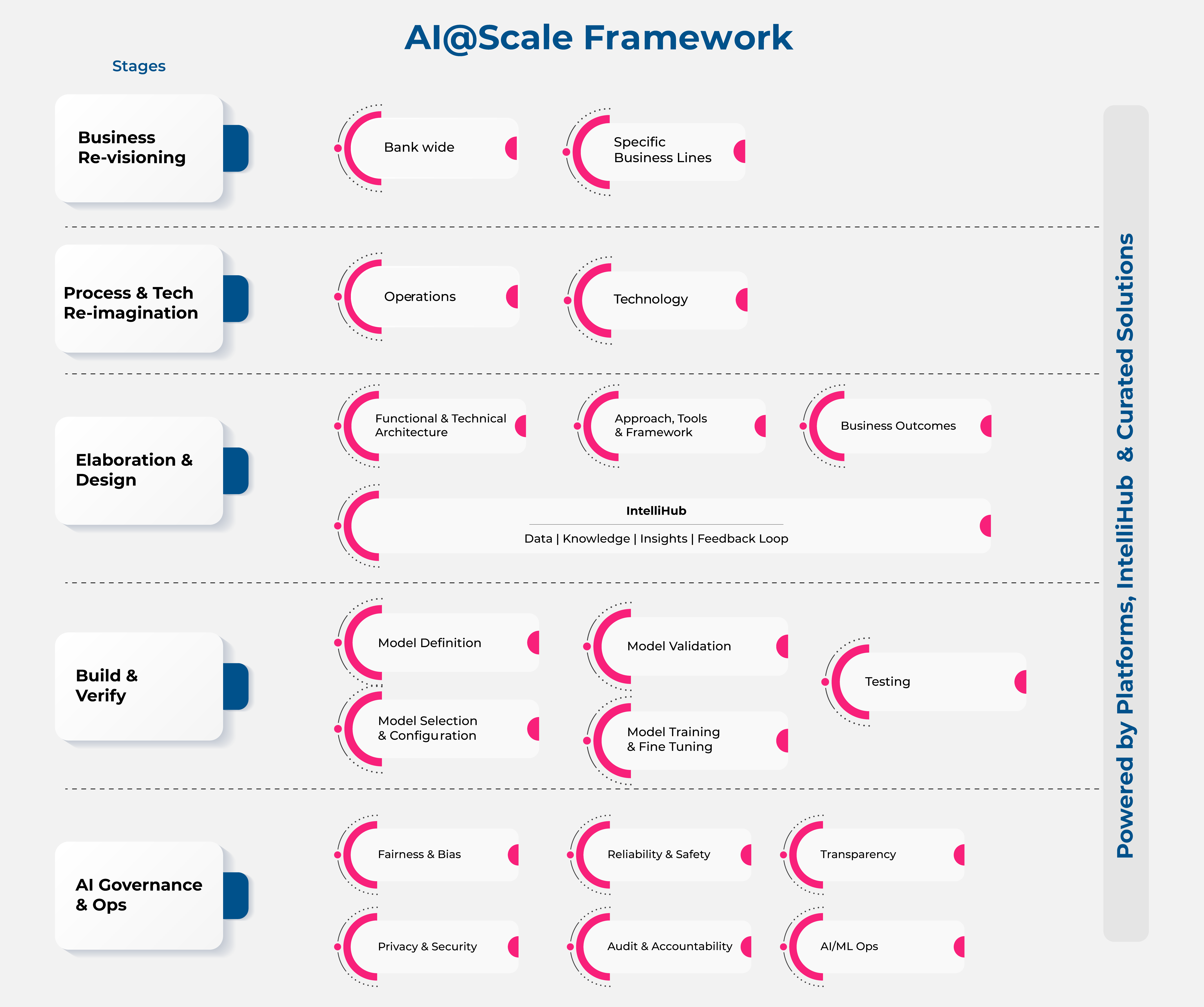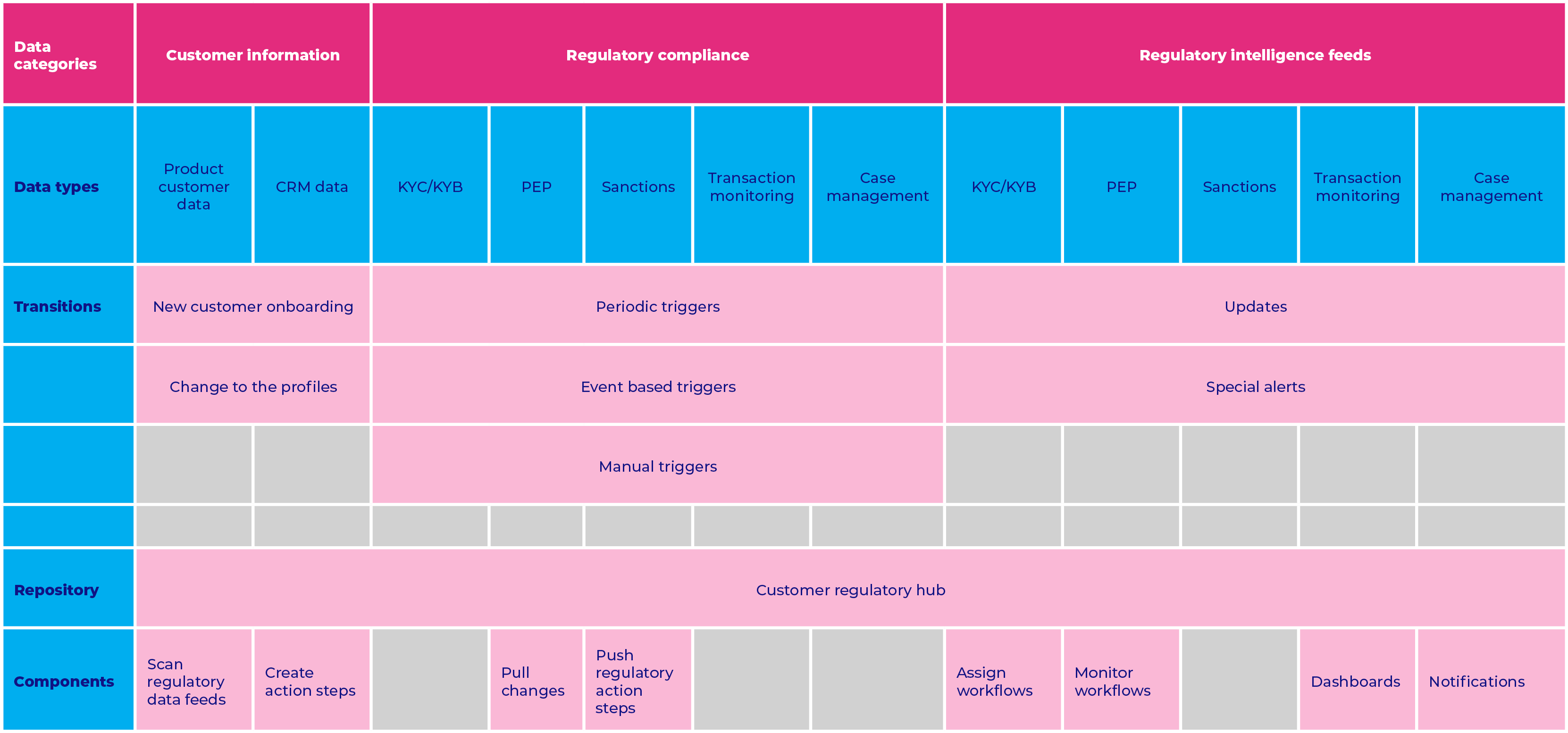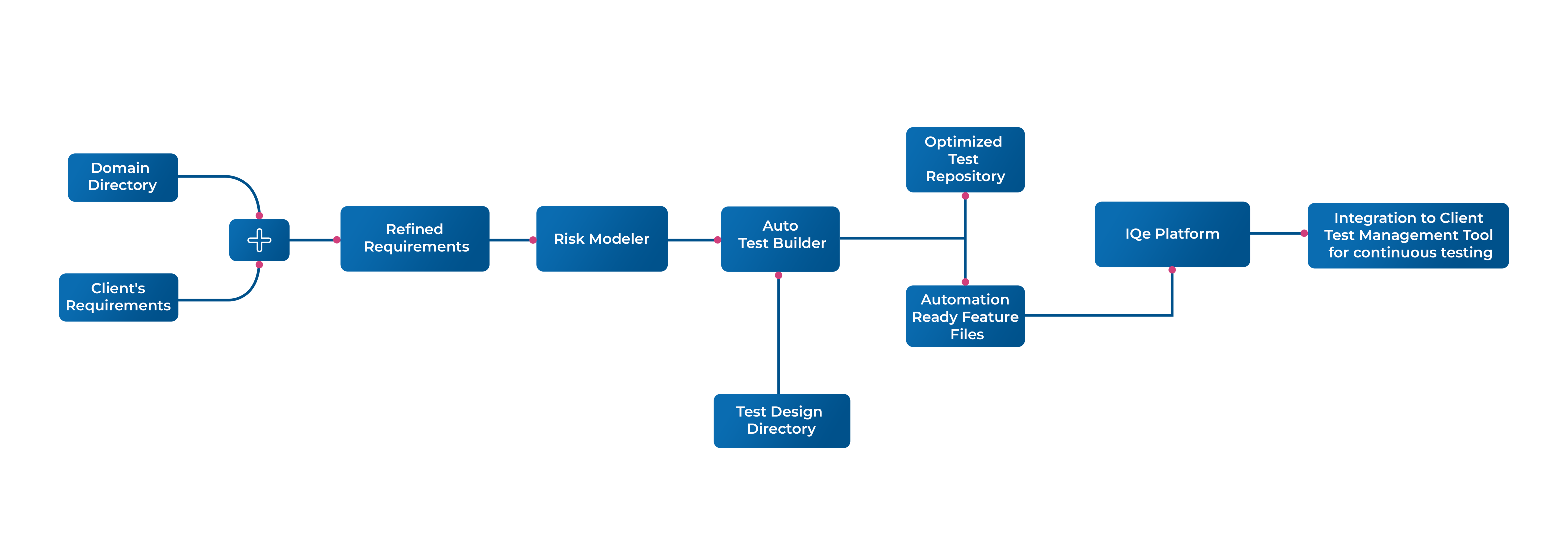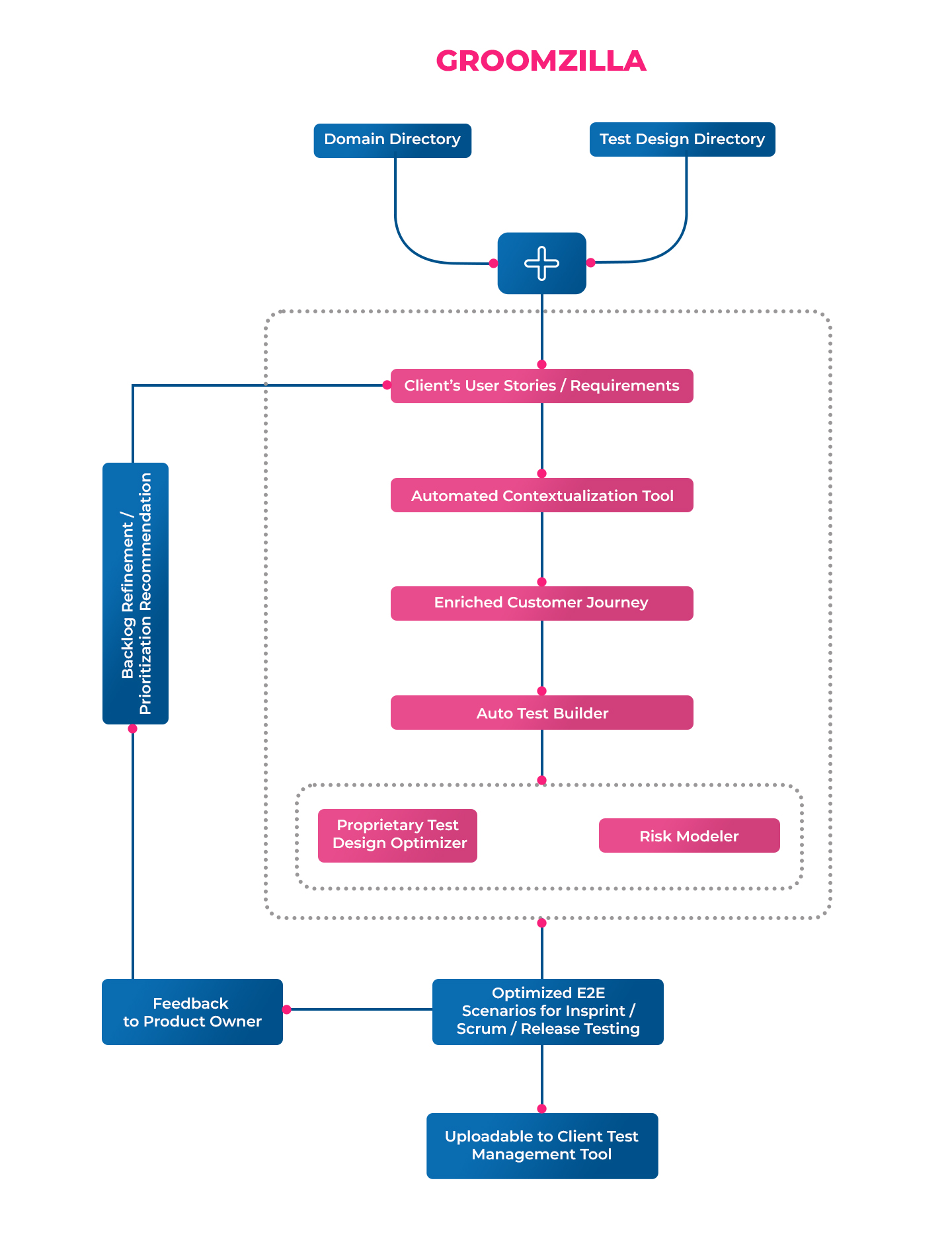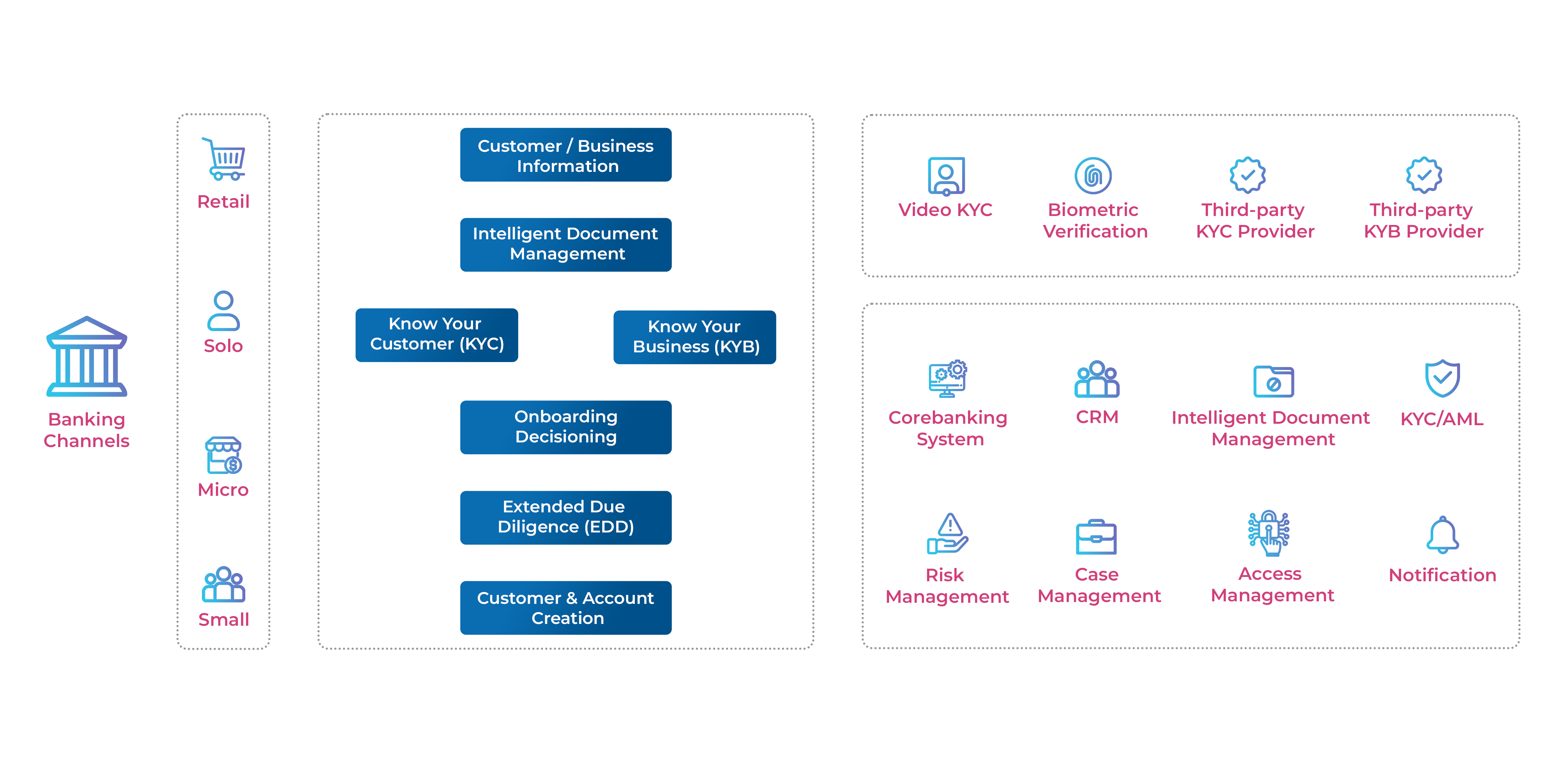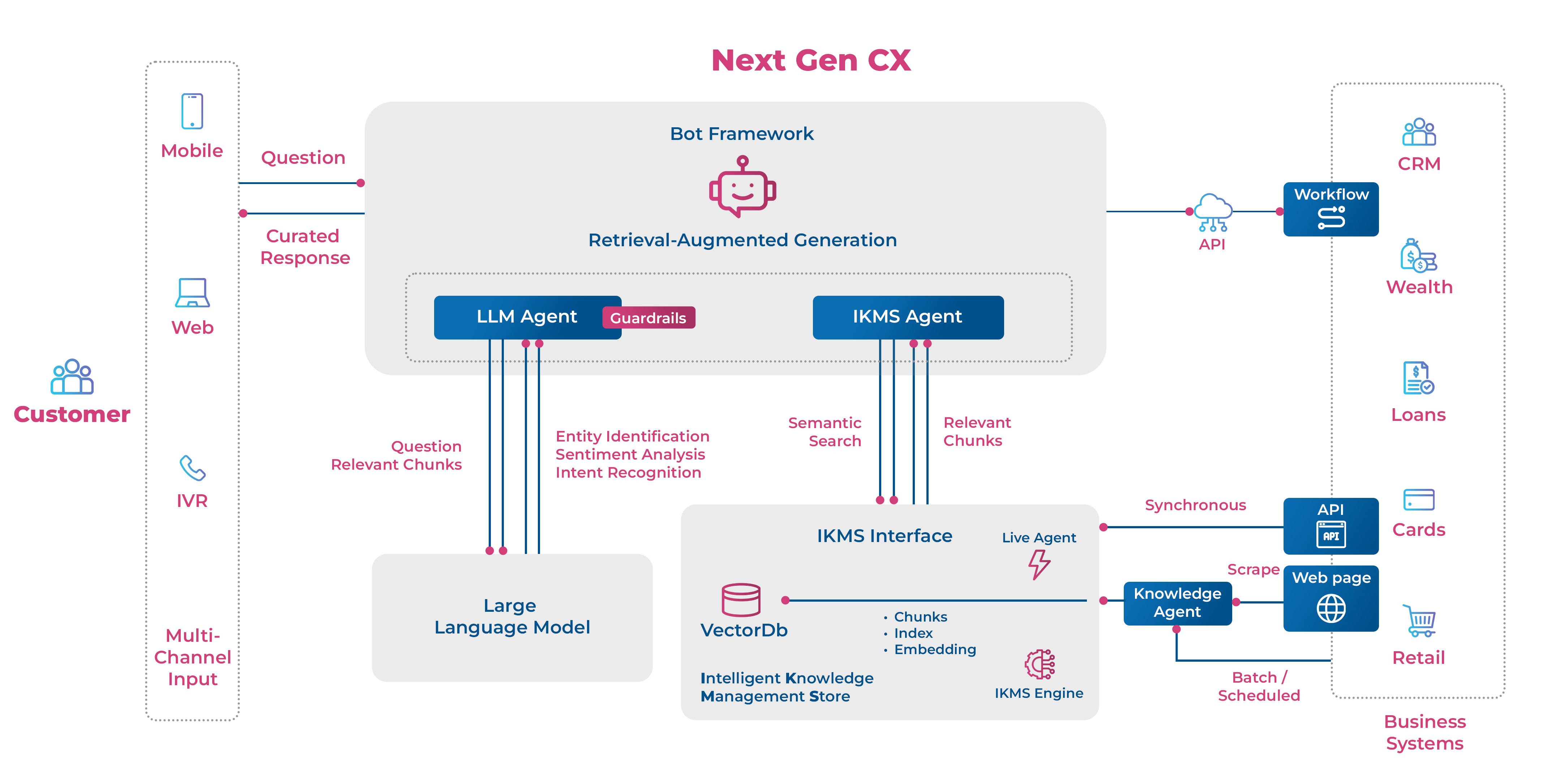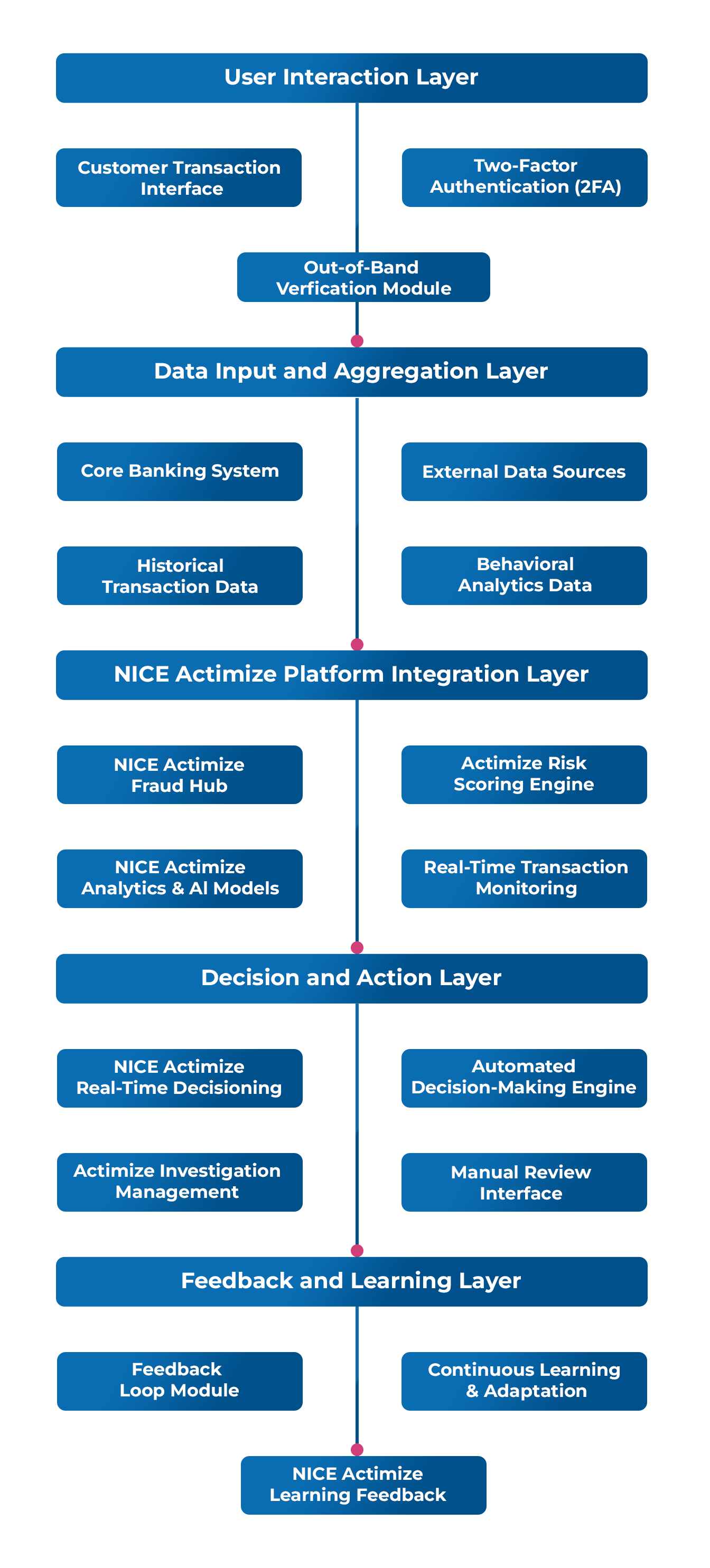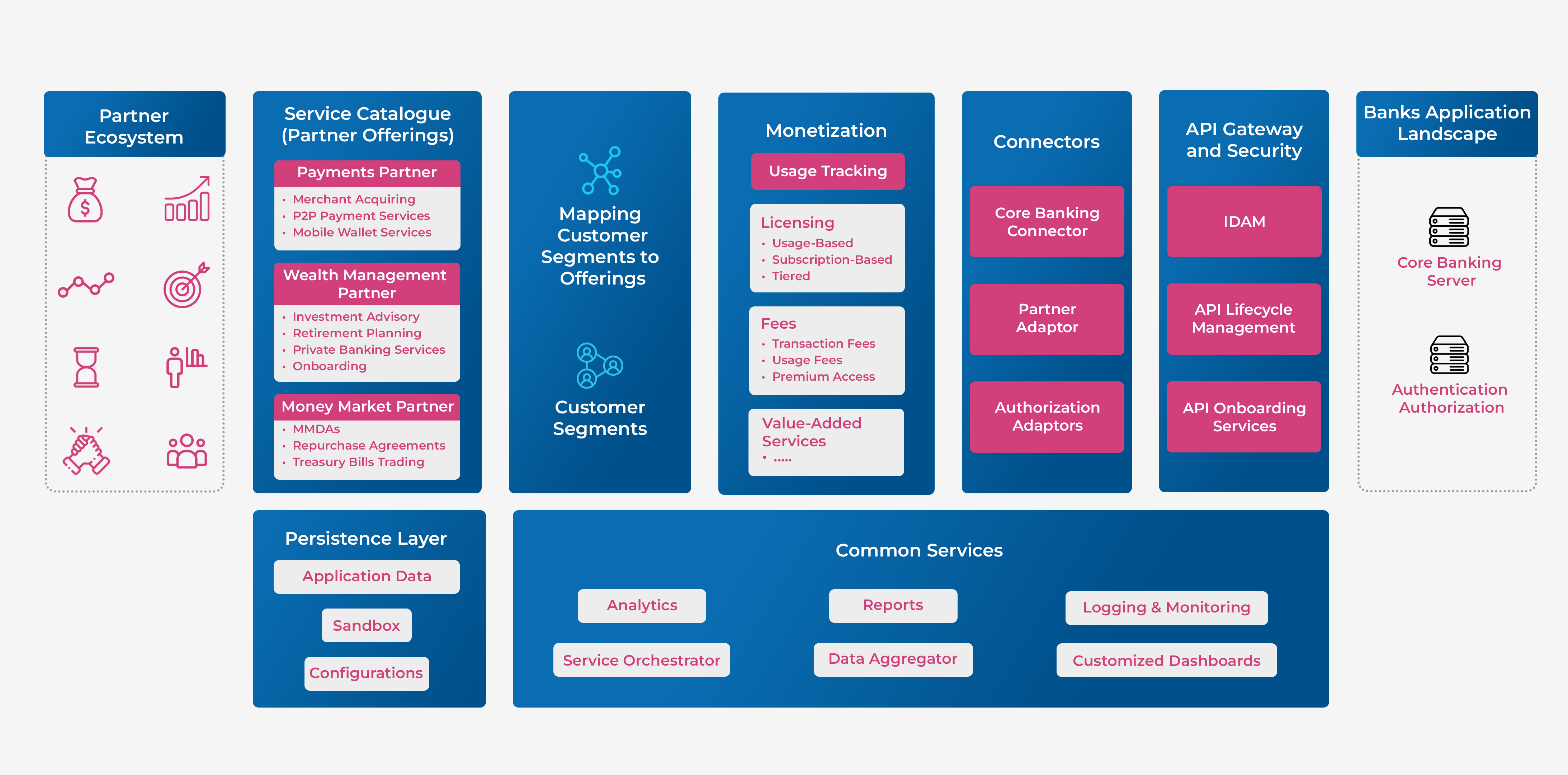The landscape of Environmental, Social, and Governance (ESG) investments has undergone a seismic transformation in recent years, driven by an unprecedented surge in awareness of sustainability and ethical considerations within the financial realm. This paradigm shift presents formidable challenges and extraordinary opportunities for investors and financial advisors. This blog aims to demystify the intricate world of ESG investments, shedding light on pivotal trends, regulatory developments, and strategies for successful integration into investment portfolios.
The ESG Revolution: Understanding the Tri-Pillar Approach
ESG investments are built upon three fundamental pillars:
- Environmental: Encompassing critical factors such as climate change mitigation, resource conservation, waste management optimization, and pollution reduction.
- Social: Addressing crucial issues, including human rights protection, labor standards enhancement, community relations fostering, and diversity promotion.
- Governance: Focusing on corporate governance best practices, including board diversity, executive compensation alignment, and shareholder rights protection.
Investors increasingly recognize that ESG factors are not merely ethical considerations but potent drivers of a company’s long-term performance and risk profile. As a result, ESG investments have transcended their niche status to become a cornerstone of modern, diversified investment strategies.

The Catalysts Propelling ESG to the Forefront
Several powerful forces are driving the exponential growth of ESG investments:
- Political Influence: Governments and regulatory bodies worldwide are implementing robust policies that promote sustainable practices, fundamentally reshaping corporate behavior and investor decision-making processes.
- Risk and Return Recalibration: Contrary to outdated perceptions, evidence suggests ESG investments can match and often outperform traditional investments. A meta-analysis of over 1,000 studies found that 58% of corporate ESG practices positively correlate with financial performance.
- Investor Demand Surge: Investors, particularly younger generations, are unprecedentedly demanding that companies adopt and demonstrate sustainable practices. A recent survey revealed that 85% of individual investors now express interest in sustainable investing, up from 71% in 2015.
- Corporate Evolution: Companies proactively integrate ESG principles into their core operations, driven by investor expectations and regulatory imperatives. In 2023, 49% of the ASX200 disclosed a net-zero target, marking a 13% increase from the previous year.
- Brand and Reputation Enhancement: Companies with robust ESG practices often enjoy enhanced public image and reputation, which can translate into tangible financial performance improvements. Studies show that companies with firm ESG profiles have a 13% higher mean return on invested capital than those with poor ESG performance.
The Evolving Regulatory Landscape
The regulatory environment for ESG investments is undergoing rapid evolution, with several key developments shaping the future:
- European Union (EU) Leadership: The EU continues to spearhead ESG regulation with groundbreaking initiatives such as the EU Taxonomy Regulation and the Sustainable Finance Disclosure Regulation (SFDR), mandating comprehensive ESG information disclosure by financial market participants.
- United States Momentum: The Securities and Exchange Commission (SEC) has proposed far-reaching rules requiring enhanced transparency in ESG strategies and climate-related disclosures in annual reports, signaling a shift towards more stringent ESG oversight in the U.S. market.
- Global Standardization Efforts: The International Sustainability Standards Board (ISSB), established under the IFRS Foundation, is developing comprehensive global standards for sustainability-related financial reporting. These standards aim to bring consistency and comparability to ESG disclosures worldwide.
These regulatory initiatives provide much-needed clarity and consistency in ESG reporting, empowering investors to make more informed and confident decisions in the ESG space.
Navigating the ESG Labyrinth: Challenges and Opportunities
Despite the burgeoning interest, ESG investments present a unique set of challenges:
- Data Inconsistency: The lack of standardized ESG data across different issuers creates significant hurdles in comparing and assessing investments accurately. An MIT Sloan School of Management study found that ESG ratings from different providers have an average correlation of just 0.61.
- Greenwashing Concerns: Companies exaggerating their ESG credentials to attract investors remains a persistent issue. In 2022, U.S. and European regulators imposed over $5 billion in fines for greenwashing.
- Regulatory Flux: The rapidly evolving regulatory landscape creates uncertainty for investors and companies, necessitating constant adaptation and compliance efforts.
Strategies for Successful ESG Integration
To navigate these complexities effectively, financial advisors and investors can adopt several robust strategies:
- Continuous Education: Staying abreast of the latest ESG trends and regulations is paramount. This includes developing a nuanced understanding of the criteria used by different ESG rating agencies and their methodologies.
- Enhanced Due Diligence: Conducting thorough, multi-faceted research to verify companies’ ESG claims is crucial in mitigating greenwashing risks and ensuring authentic ESG investments.
- Strategic Diversification: Incorporating a diverse mix of ESG investments across various sectors and asset classes is essential to mitigate risks and optimize portfolio performance.
- Active Corporate Engagement: Proactive engagement with companies can foster improved ESG practices and provide deeper insights into their operations and sustainability commitments.
- Leveraging Advanced Technology: Utilizing cutting-edge analytics and reporting tools is critical in assessing ESG performance and making data-driven investment decisions. AI-powered ESG analytics platforms can process vast amounts of unstructured data to provide more accurate ESG assessments.

Conclusion: Embracing the ESG Future
ESG investments represent a fundamental shift towards more sustainable and ethical investing practices. While the complexities can be daunting, a deep understanding of key drivers, regulatory developments, and practical strategies can empower investors and financial advisors to navigate this evolving landscape successfully.
By integrating ESG principles into investment portfolios, we contribute to a more sustainable future and position ourselves to capitalize on the financial opportunities presented by this global shift towards responsible investing. As we stand at the cusp of this ESG revolution, the question is no longer whether to embrace ESG investing but how to do so most effectively and authentically.
Navigating ESG investments demands continuous learning, adaptation, and innovation. However, the potential benefits both for investors and society make it an endeavour of paramount importance in shaping the future of finance and our world.
Citations and Further Reading
Co-authored by Venkatesh Padmanabhachari, Avinash Dave, and Sagar Rathore
Maveric’s thought leadership series – E.D.G.E (Experiences Delivered by Global Experts) – handpicks the game-changing technology ideas and pressing functional questions Banks and financial institutions must solve today.
These features – reports, whitepapers, podcasts, flyers, blogs, and infographics – are for Banking leaders and Technology evangelists to apply profound trends, the latest opinions, and transformational analyses to boost the performance of their organizations.
About Maveric Systems
Established in 2000, Maveric Systems is a niche, domain-led, BankTech specialist, transforming digital ecosystems across retail, corporate, wealth management, cards & payments and lending domains. Our 2600+ specialists use proven solutions and frameworks to address formidable CXO challenges across Customer Experience, Assurance, Regulatory Compliance, Process Excellence and New age AMS.
Our competencies across Data, Digital, Cloud, DevOps, AI and automation helps global and regional banking leaders as well as Fintechs solve next-gen business challenges through emerging technology. Our global presence spans across 3 continents with regional delivery capabilities in Amsterdam, Bengaluru, Chennai, Dallas, Dubai, Kingdom of Saudi Arabia, London, New Jersey, Pune, Riyadh, Singapore, Sweden, Dubai and Warsaw.
Our inherent banking domain expertise, a customer-intimacy-led delivery model, and differentiated talent with layered competency – deep domain and tech leadership, supported by a culture of ownership, energy, and commitment to customer success, make us the technology partner of choice for our customers.





